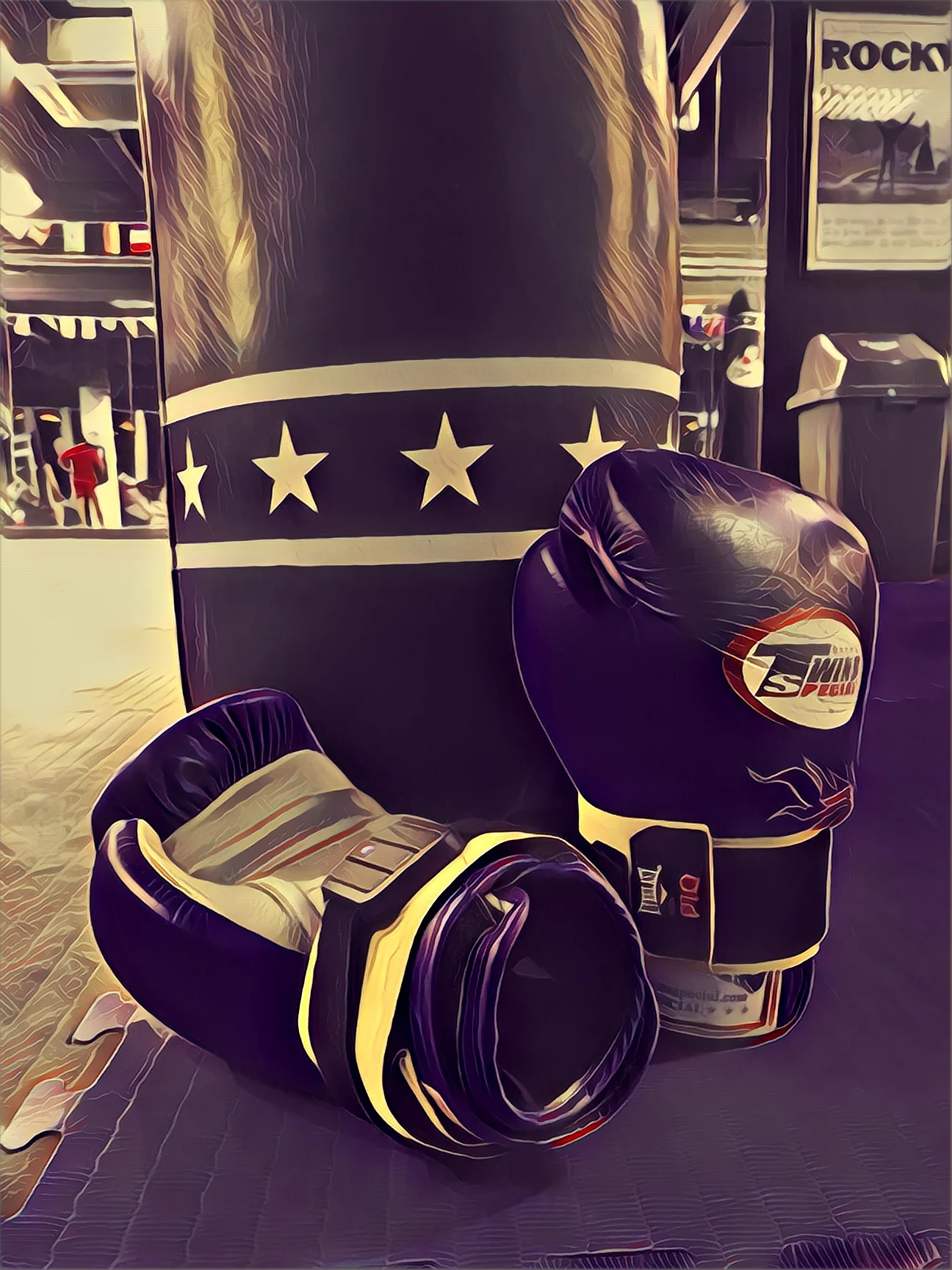Food for Thought 2017 – The Life-Sparring Books of the Year
In the past two years, always around Christmas, I published a Life-Sparring Round called Food for Thought, introducing the best books I have read in the outgoing year (you can find the inaugural 2015 edition here and the 2016 edition there). As I love good traditions as much as I love reading, I feel committed not to lose the streak, even though I was not able to make the imaginary Christmas deadline.
As in previous years, criterium to enter the short list is not the year of publishing, but that I finished reading the book within this calendar year. According to Goodreads, the app that I use to track my reading (feel free to add me if you use the app), I finished 23 books with more than 6,700 pages in 2017, pretty much in line with my book consumption of the past years. Not all the 23 books were great but as in every year, some books left a deep impression on me that will last far beyond the end of this year.
So, without further ado and with an imaginative drumroll, let me present the Life-Sparring books of 2017:
5th place: The Perfect Storm: A True Story of Men Against the Sea, Sebastian Junger, 2009
“Until the break point, a drowning person is said to be undergoing “voluntary apnea,” choosing not to breathe. Lack of oxygen to the brain causes a sensation of darkness closing in from all sides, as in a camera aperture stopping down. The panic of a drowning person is mixed with an odd incredulity that this is actually happening. Having never done it before, the body—and the mind—do not know how to die gracefully. The process is filled with desperation and awkwardness. “So this is drowning,” a drowning person might think. “So this is how my life finally ends.”
When picking up The Perfect Storm, I had the movie starring George Clooney in mind. To my surprise, Junger’s original version of The Perfect Storm turned out very different. Junger manages a very skillful ropewalk between a very technical fact-based writing style and still being able to trigger the imagination of the reader, developing a vivid vision of what happened on board of the trawler Andrea Gail, before, during and after it sank in the rough seas of the No-Name Storm of 1991.
I enjoyed The Perfect Storm almost like I would enjoy a novel, even though there is almost nothing speculative, not even hypothetical dialogues in the book.
If you ever wanted to know how what happens to you when you are drowning and what possibly would go through your head during the experience, pick-up a copy of The Perfect Storm.
4th place: Principles: Life and Work, Ray Dalio, 2017
Ray Dalio’s Principles is a difficult book to review. The book itself is not an easy read and finishing it felt partially like a chore. At the same time Principles is a very important and powerful book. Legendary hedge fund investor Ray Dalio did nothing short of downloading his complete set of guiding principles and rules for life and management, condensing a lifetime worth of systematic thinking and learning from experience into a 592-page book. Just by reading through his Principles you also get quite a deep understanding of Ray Dalio as a person, as manager and as a boss, understanding that goes beyond what you normally get out of an autobiography.
Principles is full of valuable ideas to ponder about. Maybe even more valuable, however, is the example Dalio set. Spending some time thinking about what are the core principles that I am living by and how they influence my private life and my career is a powerful exercise. Principles inspired me to deepen my own principled thinking and sooner or later coming up with at least some basic principles in written form. You can expect a “Principles of Life-Sparring” in the not too remote future.
3rd Place: Mini Habits: Smaller Habits, Bigger Results, Stephen Guise, 2014
Having set-up some lofty goals for 2016 and seen limited success achieving them, I was in the mood to experiment a bit in 2017 and try a different approach to goal setting.
Stephen Guise’s Mini Habits provides a good framework for a concept I also have heard from other people, like Tim Ferriss: develop positive habits, by committing to regular tasks that are so small that you can’t fail.
If you would like to get fitter, Stephen Guise suggests not to set the crazy goal of making 100 push-ups per day, but to simply set out a target of doing 1 push-up every single day. Provided that you don’t forget the task (there are powerful apps you can use to remind yourself), there will not be a single day, where you have an excuse not to do your push-up and on most days, you will end up doing several more as the main effort is getting into the plank position.
By doing this consequently, your brain familiarizes with the task, a positive habit is formed, and the positive effects accumulate over time.
For me, the Mini Habits approach worked quite well over the course of the day. For example, I managed to keep the streak writing 100 words every day running until the middle of August, when I was suffering from altitude sickness in the mountains of Bhutan. My writing output over the year was much more consistent this year, at least until work got into the way in late summer.
If you look for a smart little book providing you with a framework to make changes in your life, Mini Habits might be a good choice.
2nd Place: Bird by Bird: Some Instructions on Writing and Life, Anne Lamott, 1994
When I started Life-Sparring I also started my journey to become a writer. Anne Lamott’s Bird by Bird is hailed as one of the classic books on writing and quite deservingly so. The book does not only contain a lot of writer’s wisdom but also sparkles with the pure joy of writing. Anne Lamott is primarily referring to fiction writing, but a lot of concepts work just as well for non-fiction writers. Some of the pearls of wisdom I eagerly picked up were her encouragement to write “shitty first drafts” as a starting point a creative journey or her suggestion to fight writer’s block by writing 300 words of anything.
Reading Bird by Bird made want to read more and made me want to write more and I am sure you will feel the same.
1st Place: Extreme Ownership: How U.S. Navy SEALs Lead and Win, Jocko Willink & Leif Babin, 2015
I emphasized it in previous years and it is still as much true in 2017: good books often become great books if the reader gets hold of it at the right moment. It takes more than a well-written book with some original content to make a lasting impact on a reader. It also requires the right timing: getting hold of a book, while being in a special frame of mind for it, this is when the magic happens. Just think back to the books that influenced you in your childhood and your youth. Reading the right book at the right time can feel like being handing over a key to unlock a door, you previously could not pass.
I read Extreme Ownership in the summer months of 2017, while navigating rather rough waters in my job as General Manager in the toy industry. It seemed, that whatever could go wrong did go wrong and almost daily my team and I were faced with freak accidents and random challenges that we neither had anticipated to that extent nor had experienced.
In any other year, I might have snubbed at the idea to apply Jocko’s “meathead warrior secrets” to management, but in my situation this summer I totally could handle some tough love and SEAL talk.
The core idea of Extreme Ownership is simply: no excuses, take the full responsibility for everything that happens, even if it seems not directly related to your decision making. Take complete ownership of everything that goes wrong.
This sounds easy, but if you look around you see that this is rarely practiced. It is a powerful human reflex to defend yourself. If something goes wrong, most people go long ways to prove that it was not their fault and many companies have a deep running corporate culture of finger pointing, blame shifting.
Taking total ownership in such an environment seems counter-intuitive. Would not taking the responsibility make it easy for other parties to distract from their shortcomings and make you the perfect scapegoat?
The risk is surely there, especially if top management has its fair share in playing the blame game, however, I found practicing Extreme Ownership, especially in such a difficult environment extremely effective in lowering my stress levels.
This might surprise you. Why would I be less stressed when I not only deal with a boatload of problems, but also take responsibility for them? The answer is, that by practicing Extreme Ownership, I moved from a defensive position into an offensive position. If I accept the responsibility for things that went wrong, even if it seemed like they were caused by an unlucky combination of coincident, I give myself an active path out of my misery and the chance to avoid similar problems in the future.
Yes, the Tsunami was a once in a 100 years event and nobody is to blame for it, but could you have taken better precautions for a catastrophe like this? Was there a sound emergency routine in place, was the staff trained for emergencies of this magnitude? Did they understand the big picture during emergency drills or just mindlessly followed a routine because they were told to? If you simply say: "this was a freak accident, I could not have done anything", what is your role as a manager? Why are you there in the first place? And how can you not live in constant fear, that pure coincident will determine your success or failure?
It is said, that members of special ops teams, like the Navy SEALS, have lower levels of stress-related trauma than regular soldiers and one hypothesis is, that this is related to the fact that special teams are primarily conducting active missions. They act and go where the enemy is, while regular soldiers more often must fill passive roles, never knowing when a position to be defended will be under attack.
I do not agree with all ideas of the book and one aspect I have a problem with is the “If you aren’t winning, then you aren’t making the right decisions” credo that is reflected through the book. Obviously winning in the military context carries a much higher weight than in other areas of decision making. If you lose on the military battlefield, the chances are high that you lose your life too. Nevertheless, I believe that judging decision making and leadership, purely outcome related is falling for the “outcome bias” and can in the business context, lead to long-term damage to the success of the organization. If a decision was right or wrong, should be determined solely by the quality of the reasoning, based on the data available at the point in time of the decision.
Extreme Ownership is an unusual business book but the idea to distill lessons from military leadership into broader first principles applicable in a business context worked very well. This makes Extreme Ownership a very worthy Life-Sparring book of 2017. Congratulations.
What were your books of 2017? Do you have an opinion on any of the books mentioned in this article? Share them here or connect with me on Goodreads.











